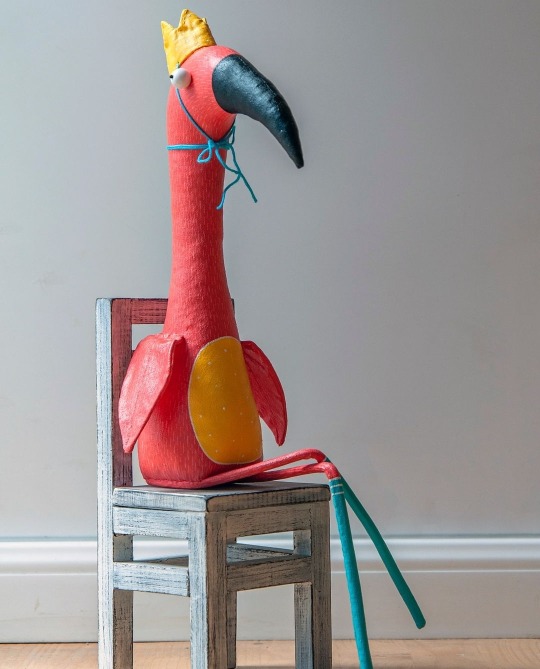#Lisbona
Explore tagged Tumblr posts
Text





🤩❤️📍Lisbon, Portugal 🇵🇹
📸 by @juliopereiramusic
#lisboa#lisbonportugal#europe#europetravel#beautifuldestinations#travel#photography#photoshoot#photooftheday#travelphotography#trip#portugal#portugallovers#portugaltrip#lisbonne#lisbona#lisbon
32 notes
·
View notes
Text
Il Portogallo ha una storia islamica significativa, risalente al periodo di dominazione musulmana dal 711 al 1249; durante questo tempo, gran parte della penisola iberica, inclusa l'odierna Portogallo, era sotto il controllo musulmano, noto come Gharb al-Andalus.
La presenza islamica ha influenzato profondamente la cultura portoghese, dall'architettura alla scienza della navigazione; tuttavia, la narrazione storica tende a enfatizzare la "Reconquista" cristiana, trascurando le interazioni e le coesistenze pacifiche tra le comunità musulmane, cristiane ed ebraiche.
Lisbona, conosciuta come al-ʾIšbūnah durante la dominazione musulmana, conserva ancora elementi architettonici arabi, specialmente nel quartiere dell'Alfama e nella Mouraria.



Le antiche mura della città islamica, che delineano l'area storica di Alfama e Mouraria, riflettono la struttura urbana originale.



Il Castello di São Jorge, costruito dai musulmani, conserva elementi architettonici moreschi e offre una vista panoramica sulla città.

La Chiesa di São Vicente de Fora, originariamente una moschea, presenta archi a ferro di cavallo e un mihrab, simbolo della sua storia islamica.
Coimbra, importante centro mozarabo, ha una storia ricca di influenze islamiche, visibili in alcuni edifici storici. Durante il dominio islamico, che iniziò nel 711, la città divenne un punto strategico tra il mondo cristiano e quello musulmano; la Reconquista culminò con la conquista cristiana di Coimbra nel 1064, ma l'eredità islamica rimase evidente nella cultura e nell'architettura locali: elementi come archi a ferro di cavallo e decorazioni mozarabe testimoniano questa coesistenza.
Évora, famosa per i suoi portici moreschi e il sito archeologico di Almendres Cromlech: i portici, situati nella Praça do Giraldo, riflettono l'eredità islamica della città, risalente al periodo di dominazione araba nel VIII secolo.
Mértola è un piccolo paese che presenta resti significativi della cultura musulmana; scavi archeologici hanno rivelato ceramiche islamiche e strutture che testimoniano una lunga coesistenza tra diverse comunità, tra cui musulmani, ebrei e cristiani. Il sito include una chiesa costruita su una moschea, evidenziando l'influenza islamica nell'architettura locale; la ricerca continua a mettere in luce l'importanza di Mértola come centro di scambio culturale e come esempio di coesistenza pacifica nel passato.
Non si può parlare di immigrazione per il Portogallo, oggi: qui i musulmani stanno ritornando A CASA LORO, dopo essere stati cacciati secoli fa dai talebani cristiani.
#portogallo#islam#penisola iberica#Gharb al-Andalus#reconquista#storia islamica#narrazione storica#lisbona#al-ʾIšbūnah#coimbra#centro mozarabo#evora#Almendres Cromlech#eredità islamica#mertola#reperti archeologici#Castello di São Jorge#elementi architettonici moreschi#Chiesa di São Vicente de Fora#mihrab#moschea#Praça do Giraldo#dominazione araba#scavi archeologici#talebani cristiani
15 notes
·
View notes
Text
“ Marta lo guardò e sorrise. So che lei è stato un grande appoggio per Monteiro Rossi e suo cugino, disse Marta, dottor Pereira lei è stato veramente magnifico, dovrebbe essere dei nostri. Pereira sentì una lieve irritazione, sostiene, e si tolse la giacca. Senta signorina, replicò, io non sono né dei vostri né dei loro, preferisco fare per conto mio, del resto non so chi sono i vostri e non voglio saperlo, io sono un giornalista e mi occupo di cultura, ho appena finito di tradurre un racconto di Balzac, delle vostre storie preferisco non essere al corrente, non sono un cronista. Marta bevve un sorso di Porto e disse: noi non facciamo la cronaca, dottor Pereira, e questo che mi piacerebbe che lei capisse, noi viviamo la Storia. Pereira bevve a sua volta il suo bicchiere di Porto e replicò: senta signorina, Storia è una parola grossa, anch'io ho letto Vico e Hegel, a suo tempo, non è una bestia che si può addomesticare. Ma forse lei non ha letto Marx, obiettò Marta. Non l'ho letto, disse Pereira, e non mi interessa, di scuole hegeliane sono stufo, e poi senta, lasci che le ripeta una cosa che le ho già detto prima, io penso a me soltanto e alla cultura, è questo il mio mondo. Anarchico individualista?, chiese Marta, è questo che mi piacerebbe sapere. Cosa vuole intendere con ciò?, chiese Pereira. Oh, disse Marta, non mi dica che non sa cosa vuoi dire anarchico individualista, la Spagna ne è piena, gli anarchici individualisti fanno molto parlare di sé in questi tempi e si sono anche comportati eroicamente, anche se forse un po' più di disciplina ci vorrebbe, questo almeno è quello che penso. “
Antonio Tabucchi, Sostiene Pereira, Feltrinelli, 1994 [Libro elettronico]
#Antonio Tabucchi#Sostiene Pereira#Portogallo#anarchismo#letteratura italiana degli anni '90#letture#leggere#Lisbona#narrativa italiana del XX secolo#giornalismo#giornalisti#libri#libertà di espressione#antifascismo#salazarismo#Spagna#Storia d'Europa del XX secolo#libertà d'opinione#repubblicani#Guerra civile spagnola#anni '30#etica#civiltà occidentale#Storia d'Europa del '900#Balzac#cultura#Hegel#anarchici#Giambattista Vico#Karl Marx
14 notes
·
View notes
Text
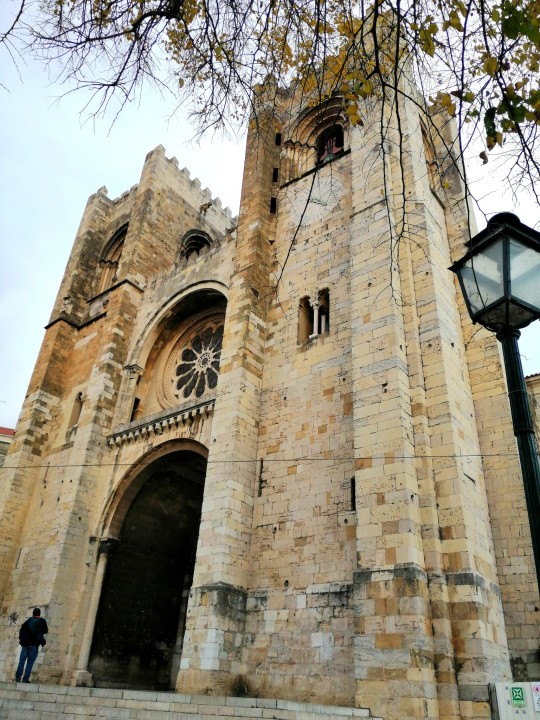
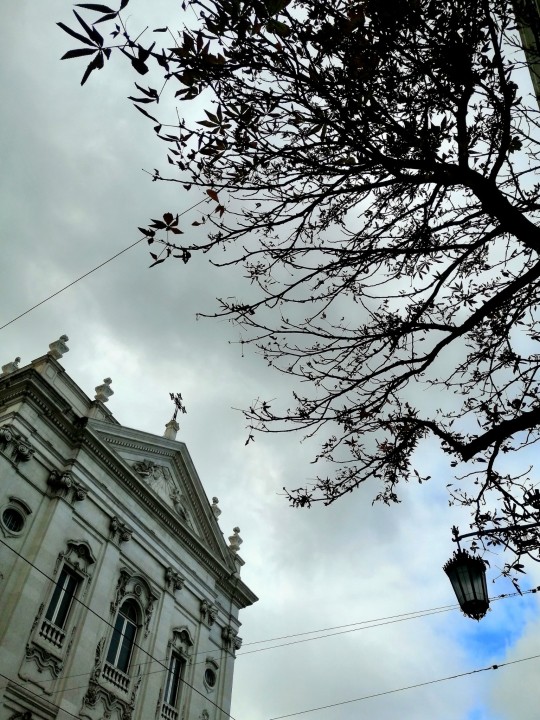
”My words fly up, my thoughts remain below; Words without thoughts never to heaven go.”
— Shakespeare, The tragedy of Hamlet
#shakespeare#the tragedy of hamlet#hamlet#theatre#photo#scatti#photography#travel photography#lisbona#lisbon#lisboa#amleto#winter
25 notes
·
View notes
Text
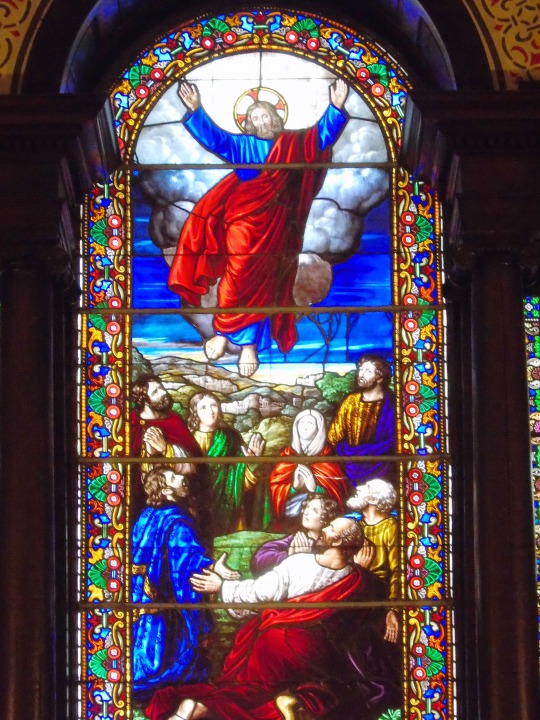
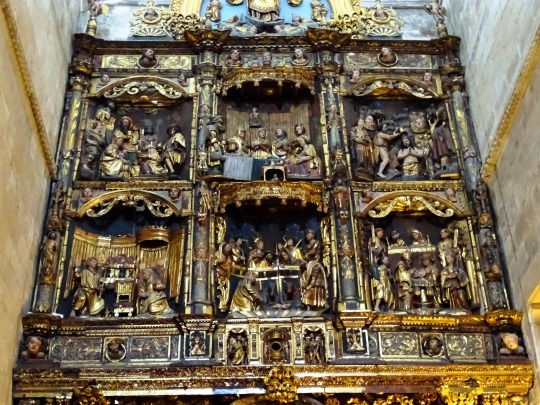
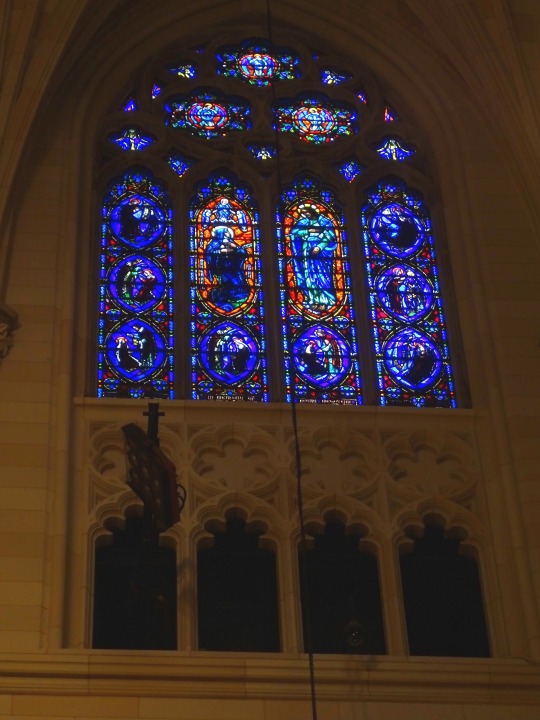
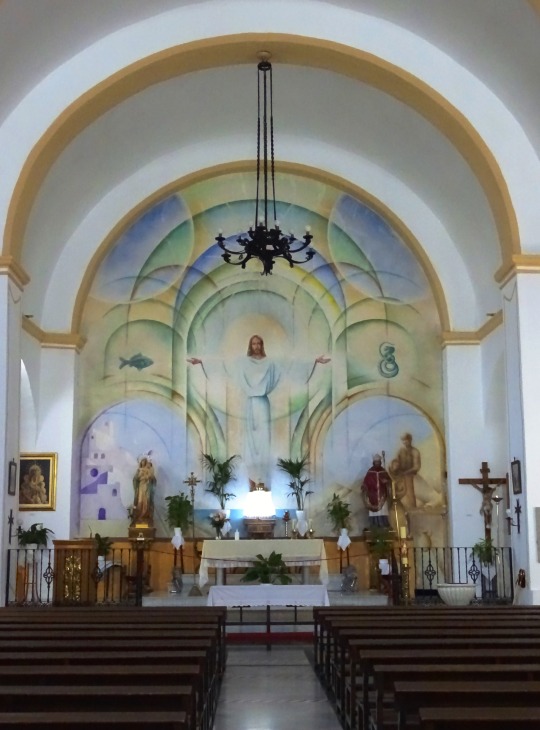
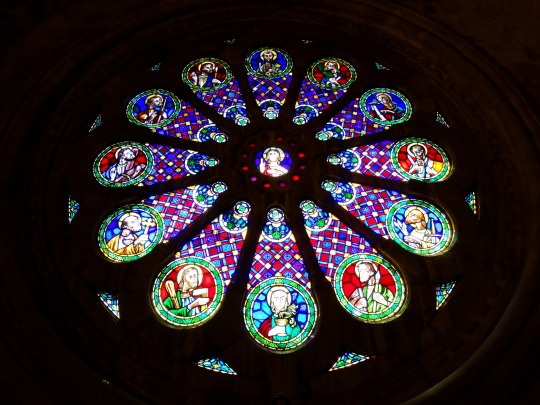
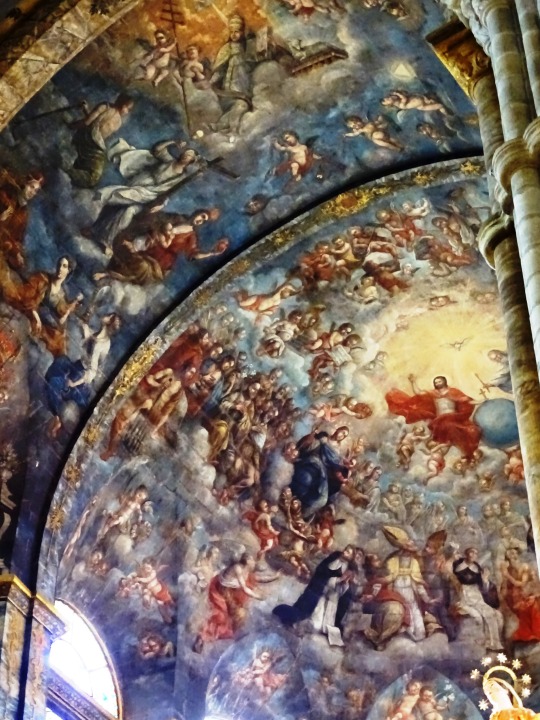
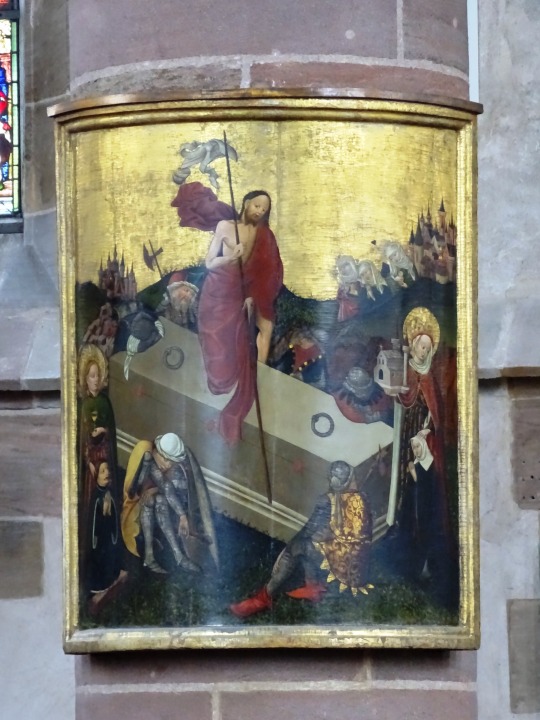
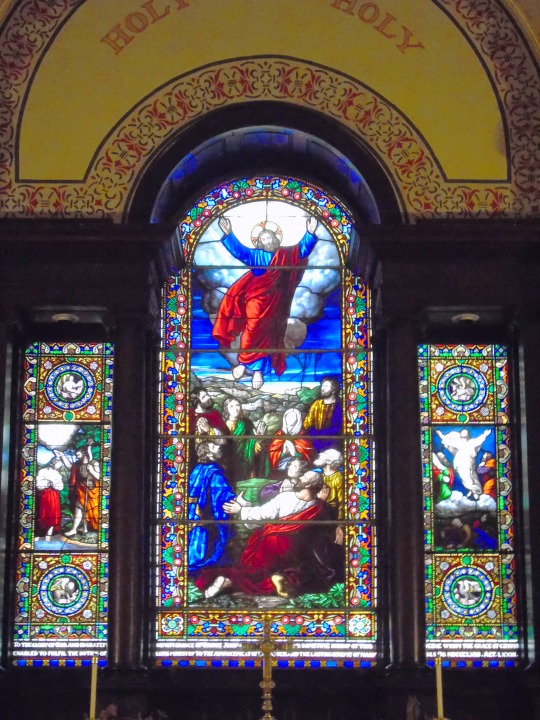
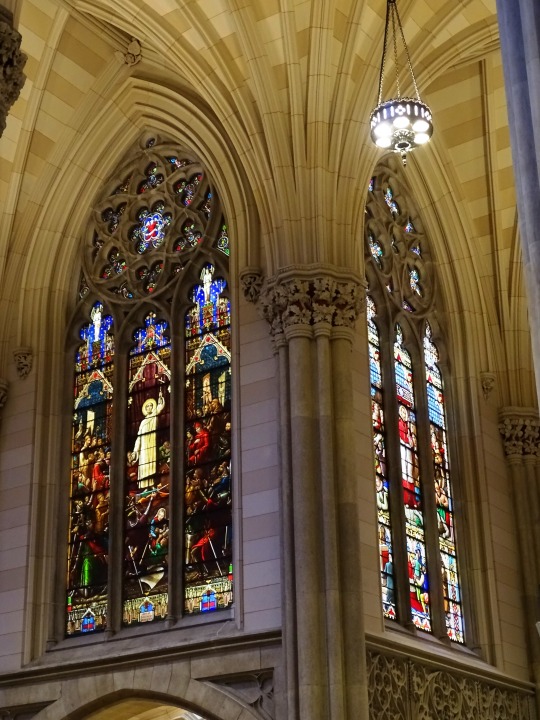
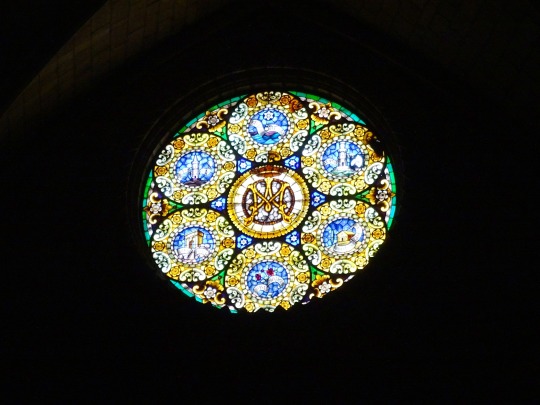
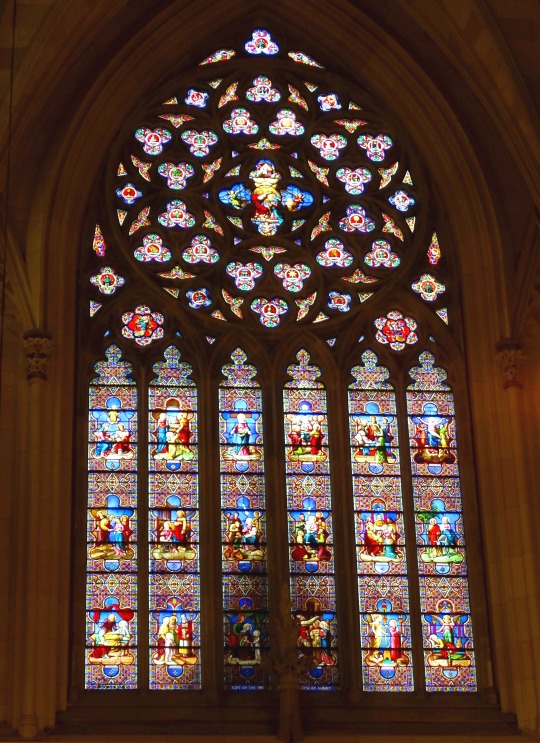
Ascension Day
We commemorate Jesus Christ’s ascension into heaven (as per Christian belief) by celebrating Ascension Day, which occurs on the Thursday, which is 40 (or 39) days after Easter. This year, it will take place on May 9. Known by multiple names — The Feast of the Ascension, The Ascension of Jesus, Ascension Thursday, Holy Thursday, or Solemnity of the Ascension of the Lord — this is a Christian holiday that doubles as a public holiday in many countries like Austria, Belgium, Denmark, Germany, France, Switzerland and more.
History of Ascension Day
One of the earliest Christian festivals, Ascension Day marks the end of the Easter season. This event is celebrated primarily by Catholics and Anglican Christians; most Protestant churches do not follow this tradition anymore. The date, too, differs in different geographic locations. Western Churches prefer to use the Gregorian calendar for calculating this date, while many Eastern Orthodox Churches calculate this date according to the Julian calendar. As a result, their celebrations occur at a later date than the Western event.
As per the New Testament in the Bible, after Jesus Christ’s crucifixion on Good Friday, he was resurrected from the dead in three days, on the day we know as Easter Sunday. For 40 days after this, he stayed with his Apostles (the primary disciples of Christ) to instruct them on how to carry out his teachings. As the Bible says, at the end of day 40, Jesus Christ and his disciples went to Mount Olivet (or the Mount of Olives), near Jerusalem. After asking them to stay, Christ then ascended to heaven to take his seat at the right hand of God, under the gaze of his disciples. To Christians, the ascension signifies that Christ completed his work on Earth and allowed him to prepare a place for his followers in heaven.
Initially a part of Easter celebrations, this day was later separated from Easter, along with Pentecost. Celebration of Pentecost ends the cycle of Easter-related events in the Christian calendar.
Ascension Day timeline
68 A.D. The Tradition Begins
Ascension Day begins to be observed, albeit with two other holidays — Easter Sunday and Pentecost.
300 A.D. Ascension Day Develops As A Separate Tradition
A decree declares this celebration now must be observed separately — it is moved to 40 days after Easter.
385 A.D. First Written Evidence Appears
We see the very first piece of written evidence that the Ascension Day Feast is celebrated.
5th century Ascension Day Starts Appearing In Art
Christian art showcases this holiday.
6th century Art Begins To Reflect Different Versions
Syria develops a different version of the Ascension, which is later adopted by Byzantine art.
18th century Germany Celebrates Father's Day
Ascension Day coincides with Father's Day in Germany — they celebrate Jesus returning to the Holy Father.
19th century Germany Celebrates With Colourful Parades
To replicate the way the Apostles walked with Jesus, Christians begin to host colorful parades as a commemoration.
How To Observe Ascension Day
Go to church
Attend church processions
Listen to hymns
Learn how your local church celebrates this day. Take some time to attend a Mass or Christian church service. Clarify the details before you go, as these services differ based on whether the church is Protestant or Catholic.
Tradition says this holiday is observed by a three-day procession, then the feast itself, which includes a procession of torches and banners to symbolize Christ’s journey to the Mount of Olives and entry into heaven. While your local church might not have such grand festivities, find out if they are still carrying out a procession.
Listening to hymns is a traditional part of Ascension Day celebrations. A medley of these religious songs can have you humming along for days. Even popular artists have been known to hum a hymn or two over the years. Check out Carrie Underwood’s ‘Something In The Water,’ or U2’s ‘Where The Streets Have No Name,’ or even John Legend’s ‘Preach.’
Facts About Ascension Day
In Sweden, people go on early morning walks
The British celebrated by 'beating the willow'
Welsh people don’t work on this day
Portugal celebrates by keeping wheat in their houses
Indonesia has a public holiday on Ascension Day
Many people go out into the woods at 3 AM or 4 AM to hear the birds at sunrise, believing that hearing a cuckoo from the east or west brings them good luck — this activity is called ‘gökotta.’
In the olden days, as young boys were driven along the parish boundaries, they were beaten with willow branches to drive away evil.
It is more than a holiday celebration in Wales — Welsh people believe that it is unlucky to do any work on Ascension Day.
Traditionally, rural Portuguese households keep wheat in their homes throughout the coming year — this day is associated with peace and prosperity and, to them, wheat symbolizes prosperity.
Despite Christianity being a minor religion in Indonesia, Ascension Day is designated as a public holiday.
Why Ascension Day Is Important
It is an opportunity for reflection and to gain inner peace
We learn about Christian traditions
It helps us expand our cultural horizons
Instances, where we can simply sit, reflect, and learn the true meaning of peace, are rare in our busy worlds. This is why we recommend holding onto such chances with both hands. Ascension Day church services center around this theme. If you are not a religious or church person, simply take a moment to sit by yourself and reflect on your journey so far and how you would like to continue. There’s no better way to celebrate this day than by centering yourself and your thoughts.
Expanding our knowledge is good for us. Plus, learning about Ascension Day not only helps us expand our store of general knowledge, but also inspires us to observe some of the traditions.
Such traditions have been prevalent for a long time, and have taken on varying degrees of importance around the world. Even festivities change as per the customs of a certain region. Learning more about these traditions changes our views of cultures and gives us extended knowledge of people from other nations.
Source
#Mojácar Pueblo#Church of Santa Maria#Lisbon Cathedral#Lisbona#interior#stained glass window#Ascension Day#Auffahrt#long weekend#9 May 2024#39 days after Easter#Saint Mary's Cathedral#Lugo Cathedral#Spain#Portugal#Holy Trinity Anglican Cathedral#Québec#Quebec City#Canada#Germany#Stadtpfarrkirche Unserer Lieben Frau#Nuremberg#Nürnberg#Solsona Cathedral#St. Patrick's Cathedral#Manhattan#New York City#USA#architecture#original photography
10 notes
·
View notes
Text
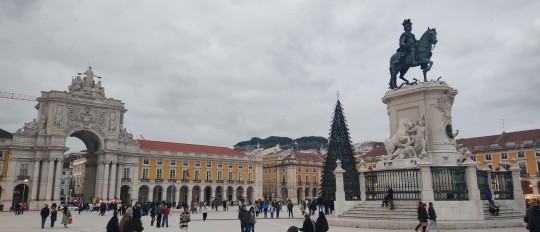




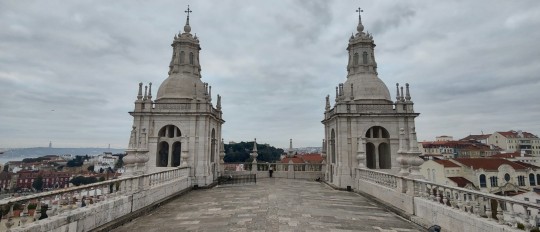
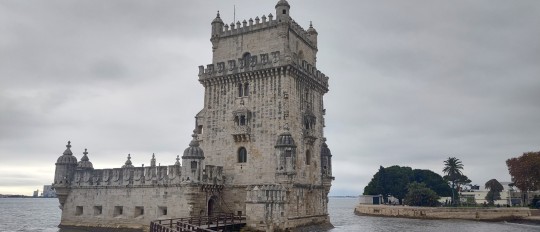



Lisbon, Portugal
#portugal#lisbona#lisabona#portugalia#europe#travelling#25.11.2023#26.11.2023#27.11.2023#28.11.2023#eclipse#metal
15 notes
·
View notes
Text








Lisbon, Portugal 🇵🇹
📷 ✨ by Julio Pereira @juliopereiramusic
#travel#photography#photoshoot#photooftheday#travelphotography#portugal#trip#portugallovers#portugaltravel#portugaltrip#Lisbon#Portugal#lisbonne#lisbona#lisbon#lisboa
9 notes
·
View notes
Text
“ Quando il cameriere arrivò con la limonata Pereira gli chiese: che notizie ci sono, Manuel? Notizie contrastanti, rispose il cameriere, pare che ora in Spagna ci sia un certo equilibrio, i nazionalisti hanno conquistato il Nord, ma i repubblicani la vincono al centro, pare che la quindicesima brigata internazionale si sia comportata valorosamente a Saragozza, il centro è in mano alla repubblica e gli italiani che appoggiano Franco si stanno comportando in maniera ignobile. Pereira sorrise e chiese: lei per chi tiene, Manuel? A volte per l'uno a volte per l'altro, rispose il cameriere, perché sono forti tutti e due, ma questa storia dei nostri ragazzi della Viriate che sono andati a combattere contro i repubblicani non mi piace, in fondo anche noi siamo una repubblica, abbiamo cacciato il re nel millenovecentodieci, non vedo quale sia il motivo di combattere contro una repubblica. Giusto, approvò Pereira. “
Antonio Tabucchi, Sostiene Pereira, Feltrinelli, 1994 [Libro elettronico]
#Antonio Tabucchi#Sostiene Pereira#Feltrinelli#Portogallo#letteratura italiana degli anni '90#letture#leggere#Lisbona#narrativa italiana del XX secolo#giornalismo#giornalisti#libri#libertà di espressione#antifascismo#salazarismo#Spagna#Storia d'Europa del XX secolo#libertà d'opinione#repubblicani#Guerra civile spagnola#anni '30#etica#civiltà occidentale#Storia d'Europa del '900#opinione pubblica#informazione#Repubblica del Portogallo#progresso#penisola iberica#vita
16 notes
·
View notes
Text
Mia figlia, in gita scolastica a Lisbona, si è degnata di condividere qualche scatto. Rifacciamoci gli occhi, noi che domani andremo a lavorare👀





5 notes
·
View notes
Text










Ogni anno in questo periodo vengo colpito da una incredibile nostalgia di Lisbona e da una grandissima voglia di tornarci.
4 notes
·
View notes
Photo

Lisboa - street art work by carleendesozer & moami31, 2023 by jaime.silva
#streetart#streetartist#street#portugal#portugalia#portugalsko#portugália#portugalija#portugali#portugale#portugalsk#portogallo#portugalska#portúgal#portugāle#lisboa#lisbon#lisbonne#lissabon#lisszabon#lisbona#lisabona#lisabon#lissabonin#lissaboni#lisabonos#lisabonas#lizbona#lizbon#lizbonska
6 notes
·
View notes






